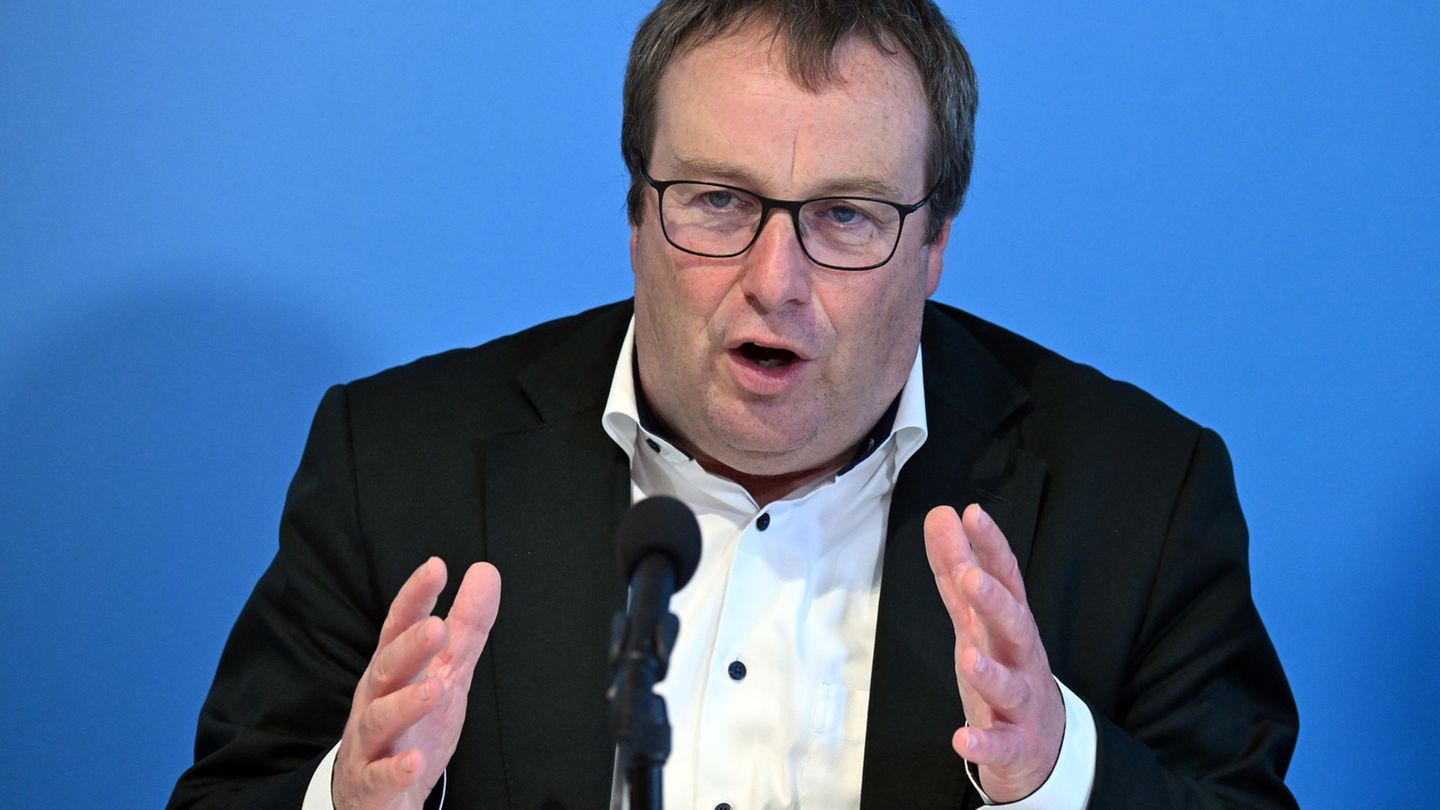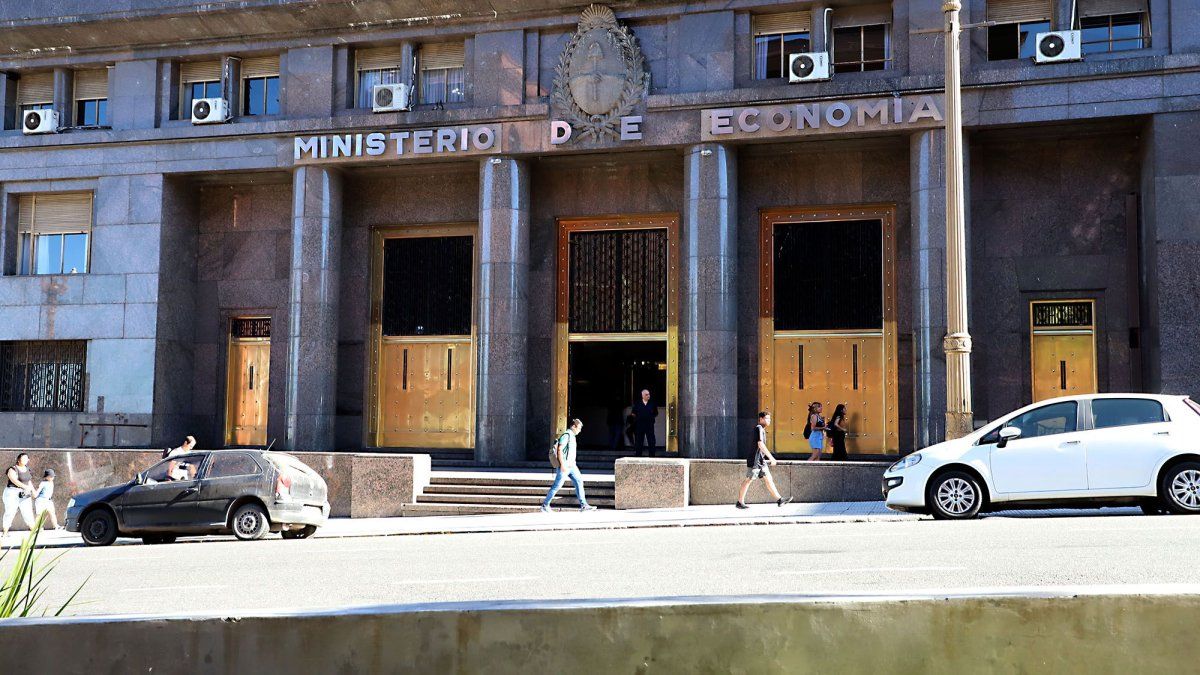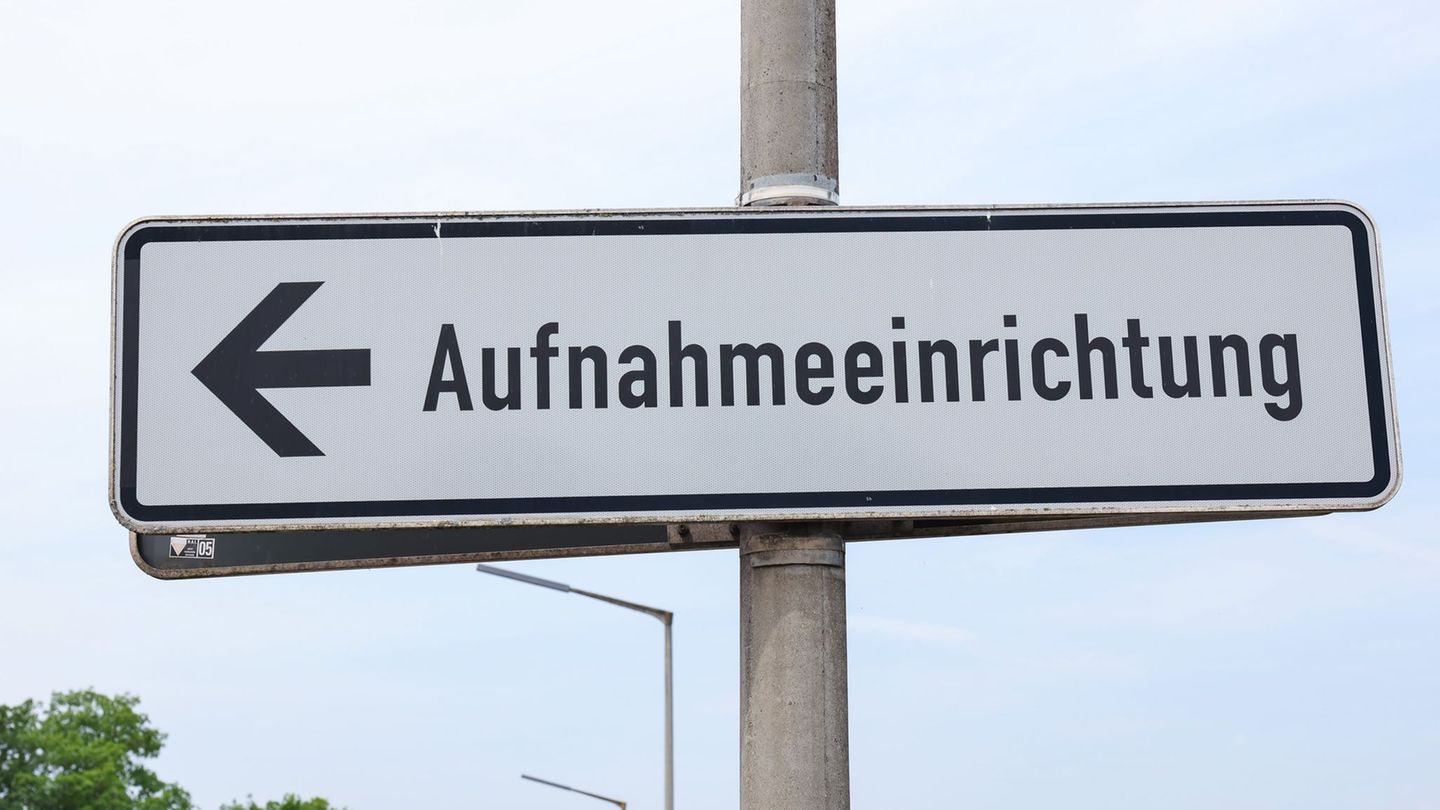I have been working in the news industry for over 6 years, first as a reporter and now as an editor. I have covered politics extensively, and my work has appeared in major newspapers and online news outlets around the world. In addition to my writing, I also contribute regularly to 24 Hours World.
Menu
Migration policy: significantly fewer asylum applications in the first half of the year
Categories
Most Read
“Cityscape” debate: SPD parliamentary group deputy Esdar about participating in the demo: “It was right”
October 27, 2025
No Comments
Killed ZDF employee in Gaza was a member of Hamas
October 27, 2025
No Comments
Work completed: A monument in the park: Design of Helmut Kohl grave completed
October 27, 2025
No Comments
Sami Hamdi: ICE officers arrest British journalists in the US
October 27, 2025
No Comments
Elections: Electoral triumph: Milei can continue reform course in Argentina
October 27, 2025
No Comments
Latest Posts

Infrastructure: NRW Transport Minister: The number of potholes will increase
October 27, 2025
No Comments
AngelicaI am an author and journalist who has written for 24 Hours World. I specialize in covering the economy and write about topics such as

Boca turned the game around and beat Barracas 3-1 at the Chiqui Tapia stadium
October 27, 2025
No Comments
October 27, 2025 – 7:00 p.m. Xeneize was third in its zone, one point behind the leaders and El Guapo was tenth and complicated its

In the midst of the financial euphoria, the Economy announced the menu of bonds with which it will seek to renew $11 billion
October 27, 2025
No Comments
After the electoral moment and In the midst of a climate of financial euphoria, the Government will close October with debt maturities in pesos for
24 Hours Worlds is a comprehensive source of instant world current affairs, offering up-to-the-minute coverage of breaking news and events from around the globe. With a team of experienced journalists and experts on hand 24/7.

